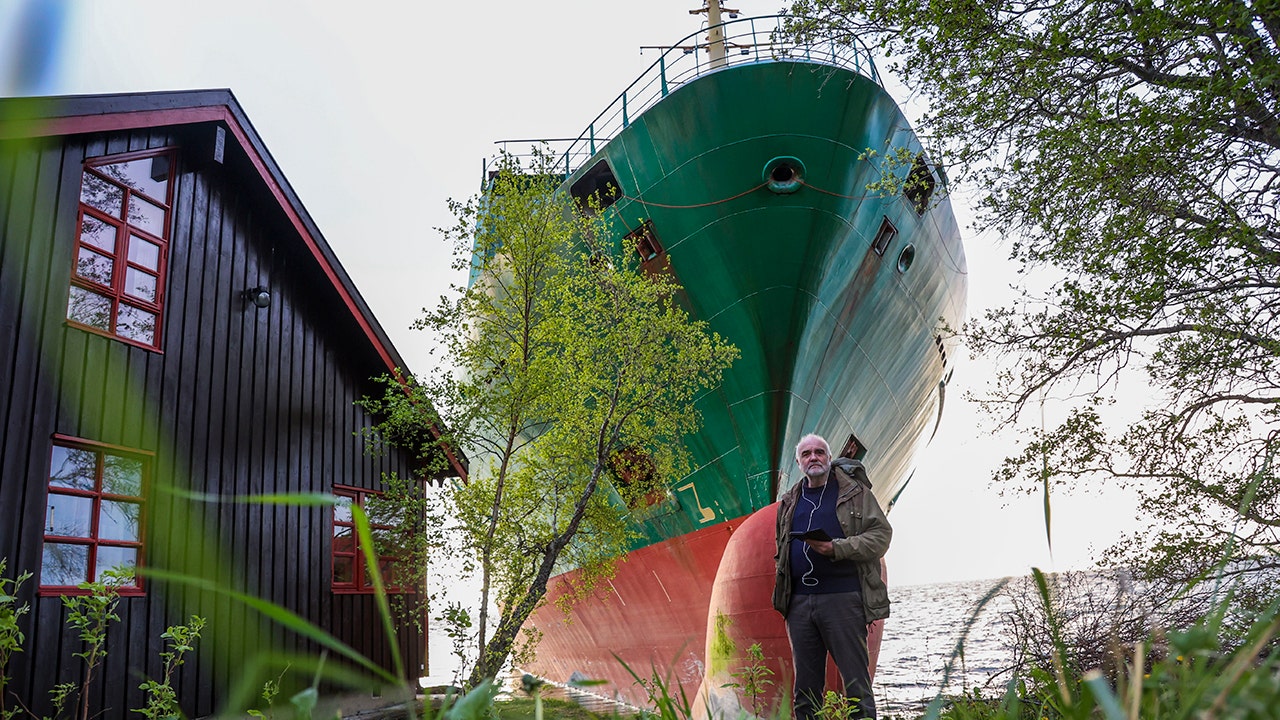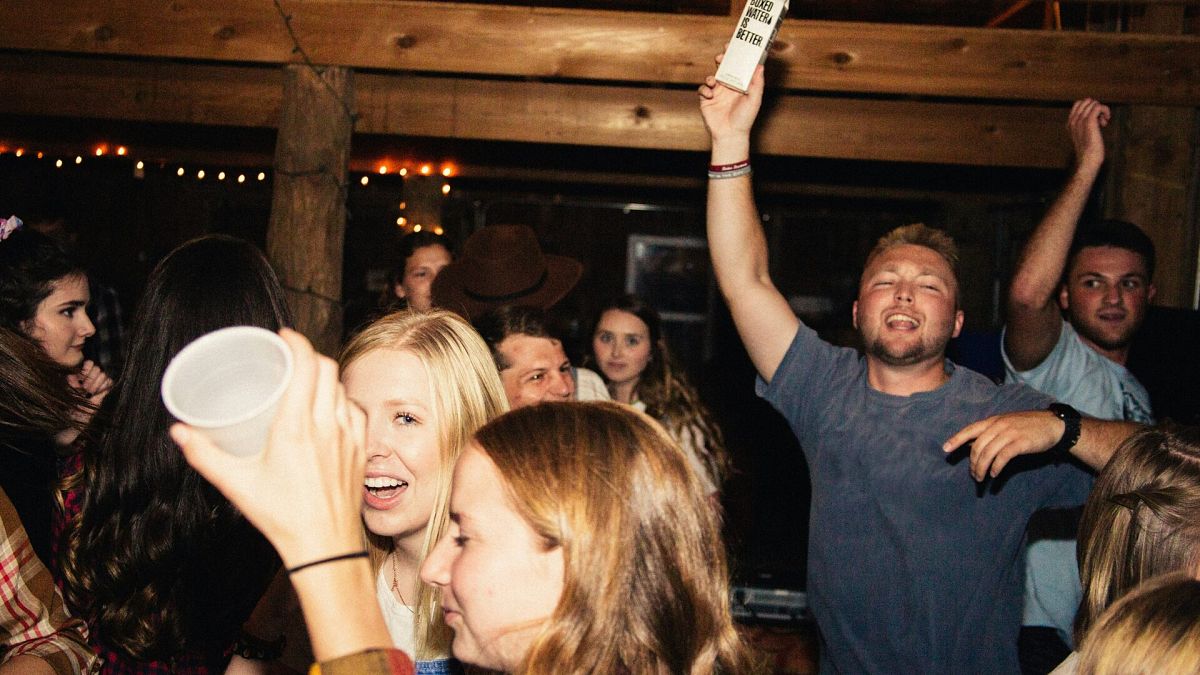Published on
Planning a summer blowout? Don’t count on booking an Airbnb to host it.
The popular short-term rental platform says it is once again deploying anti-party technology to block “high-risk” bookings.
The system uses machine learning to screen guests based on warning signs, such as short stays, last-minute reservations and how far they live from the listing. If a booking is flagged, users are blocked from renting entire homes – though alternative accommodation options are suggested.
The move is part of the company’s push to “promote responsible travel and help hosts safeguard their spaces” during peak demand. Since launching a global ‘party ban’ in 2020, Airbnb says reports of disruptive events have dropped by half.
Airbnb faces a growing backlash in Europe
This is the fourth year Airbnb has used the system. In 2024, the company claims it stopped over 51,000 would-be partiers during the Memorial Day and Fourth of July weekends in the US – two of the most popular travel weekends in the country.
While Airbnb cracks down on parties, the wider impacts of short-term rentals remain under scrutiny. That is especially true in European cities where the platform is blamed for rising rents, housing shortages and neighbourhood disruption.
Czechia, for example, has introduced limits on short-term rentals like Airbnb in its city centres to cut down on noise disturbances – a move welcomed by district councillors.
Amsterdam limits property owners to 60 rental days per year, one of many efforts to address overtourism, noise pollution and housing issues before they worsen. The city also introduced a ‘Stay Away’ campaign and interactive quiz to test visitors on behavioural etiquette to clamp down on rowdy parties and noise.
But few places have made Airbnb as big of a flashpoint as Spain – especiallyBarcelona.
The Catalonian capital already required permits for tourist rentals and imposed taxes and rental limits before it set out to ban the platform entirely.
Barcelona later announced plans to eliminate all 10,000 licensed short-term rental apartments by 2028. The move was made to prioritise housing for permanent residents and reduce the kinds of disturbances that have plagued its downtown, as well as cities such as Seville and Valencia.
Spain’s central government recently upped the pressure on Airbnb, ordering65,000 holiday listings removed nationwide for failure to follow rules and regulations.
Airbnb offers other tools to prevent disruptive stays
Founded in 2007 as a peer-to-peer platform, Airbnb has grown into a globe-spanning ecosystem that rivals the hotel industry. But as the platform has boomed, it has faced pressure from cities struggling to balance tourism growth with quality of life.
Airbnb says its anti-party screening is just one element of a broader strategy to ensure responsible stays and support hosts.
The platform also uses machine learning to screen global reservations for risky bookings and offers free noise sensors, a round-the-clock safety line and a support channel for law enforcement to report concerns.
Questions remain about the efficacy of these tools, but the message is clear: if you’re planning to party, don’t expect Airbnb to roll out the welcome mat.












